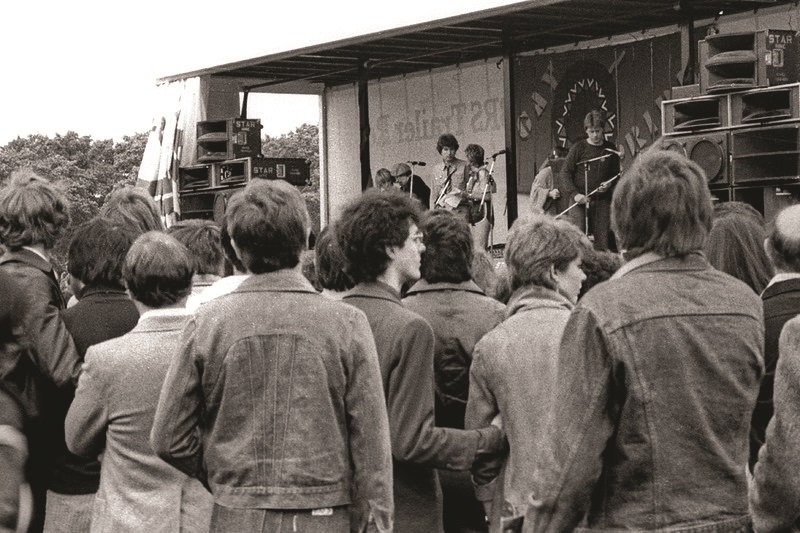The fight for the right to be treated equally goes on
On July 1, 1972, about 2,000 people took to the streets for London’s first official Lesbian and Gay Pride event, writes Claudia Lee.
The march started in Trafalgar Square and was part of an international protest against how the police treated the LGBTQ+ community.
But the huge event of Pride we know today came from humbler beginnings.
Basement meetings of radicals in Covent Garden and anarchist squats in Brixton all played their part in creating the celebration of LGBTQ+ communities.
The Gay Liberation Front (GLF) began in the UK with students meeting in a basement classroom at the London School of Economics (LSE), in Covent Garden on October 13, 1970.

Inspired by the Stonewall riots that began on June 28, 1969 in New York City, the GLF wanted freedom for all oppressed people.
The Stonewall riots broke out when a police raid on a gay club in Lower Manhattan became violent, sparking a series of spontaneous protests by members of the gay community.
Taking note from the scenes in America, the GLF in London drew up their own list of demands – to end discrimination in the workplace, in education, and by the medical establishment, and to be free to display gay affection in public.
Towards the end of 1970, the GLF had its first newsletter, Come Together. Events were listed in the paper regularly, including a GLF dance at Kensington Town Hall on December 22.
The group was gaining traction and more and more people were turning up to meetings and marches in solidarity with the cause.

In July 1972, the GLF organised the first Gay Pride march starting at Trafalgar Square and ending in Hyde Park. Homemade banners read Gay is Proud and Homosexuals are Nature’s Children.
At this point, hundreds were attending the GLF’s Wednesday meetings at LSE.
Another, larger venue had to be found.
In March 1974, 78 Railton Road in Brixton was squatted by the South London Gay Liberation Front and became the UK’s first gay centre.
It offered film screenings, fitness classes, wrestling classes, a knitting circle, weekly Saturday discos and a telephone helpline for gay people.
The South London Gay Liberation Front, the journal Gay Left and the Brixton Faeries were all based at times in buildings nearby.
Also in Railton Road was the The National Gay News Defence Committee, after it moved from 146 Mayall Road in Brixton.

There were two women’s centres, an Anarchist News Service, the Brixton Advice Centre and the Icebreakers gay liberation counselling group.
In the 1980s and 1990s, 121 Railton Road became the 121 Centre, an anarchist squat and information centre.
Women’s liberation groups, black feminists and other community-based groups found a home in Railton Road alongside gay and lesbian groups all fighting for the chance of equality.
Today, London Pride is a chance to celebrate the change that all these groups fought for.
The repeal of Section 28, the legalisation of same-sex marriage and LGBTQ+ people being allowed to adopt children have all been seen as pivotal moments to be enjoyed at Pride.
This year, on July 1 the Pride parade will march through London once again.
Picture: London Pride Parade in 2000. Picture: Fae, Wikimedia Commons
